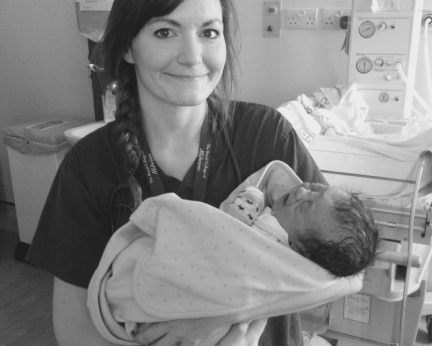It has confirmed to me that, to be able to provide effective help for these communities, I need to be an experienced and competent healthcare professional before I return. There is no point in taking an ‘affluent western woman saving the day approach’ when what is needed is sustainable services for these communities. I have already approached a few charities who have expressed an interest in helping me set up maternity services in the future. Rather than providing limited help in one village, I would prefer to build something for many people.
If you have any contacts, friends or family in places where you could set up a placement, use them - especially abroad. It makes a lot of difference to settling into another country if someone has told you what to expect, the customs, the do and don’ts, safety issues and so on. Having a contact also makes it much easier to set something up.
Choose something you're passionate about, such as a specific area of healthcare you want to experience.
Consider going to a developing country. It will give you a larger world view, mature your own practice when you get home and make you appreciate the healthcare service we have in the UK. Even if you don’t want to work abroad in the future you will find it beneficial and future employers will be impressed too!





